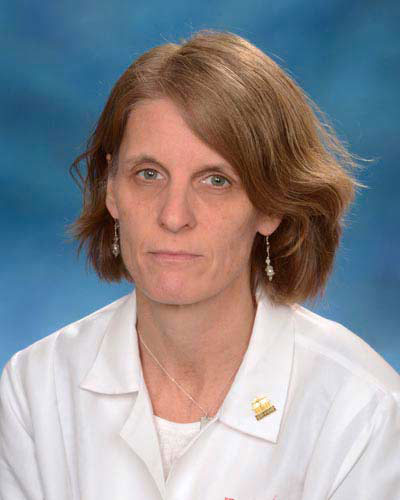
The Vector-Borne Diseases Vaccine and Challenge Unit within the Malaria Research Program researches vector-borne diseases such as P. falciparum (Pf) malaria and dengue virus serotypes 1-4. This unit conducts domestic trials, including Phase 1-3 malaria and dengue vaccine trials, research on pathogen-specific monoclonal antibodies, and immunologic studies assessing individual response to pathogens and co-infections. University of Maryland School of Medicine (UMSOM) developed the technique of controlled human malaria infection (CHMI) studies in the 1960’s and is one of a few centers in the world that can safely conduct these studies. Cutting-edge research utilizing ultrasensitive PCR detection methodologies, heterologous Pf CHMI, and parenteral (injection) CHMI expand the capabilities of the Challenge Unit. Human challenge models are a strength of the Center for Vaccine Development and Global Health (CVD) and this unit has developed and optimized dengue human infection models (DHIM) as part of a Dengue Consortium partnership. This consortium is the only group that offers live virus human challenge with cryopreserved DENV-1, - 3 and -4 to mimic dengue fever. DHIM-2 is currently in development.
The unit is led by adult infectious disease physician, Dr. Kirsten E. Lyke. Dr. Lyke focuses on malaria and dengue immunopathogenesis, malaria-schistosomiasis co-infection, HIV and malaria co-infection, and vaccines dedicated to emerging infectious diseases, including first-in-human Ebola, Zika, and SARS-CoV-2 research.



